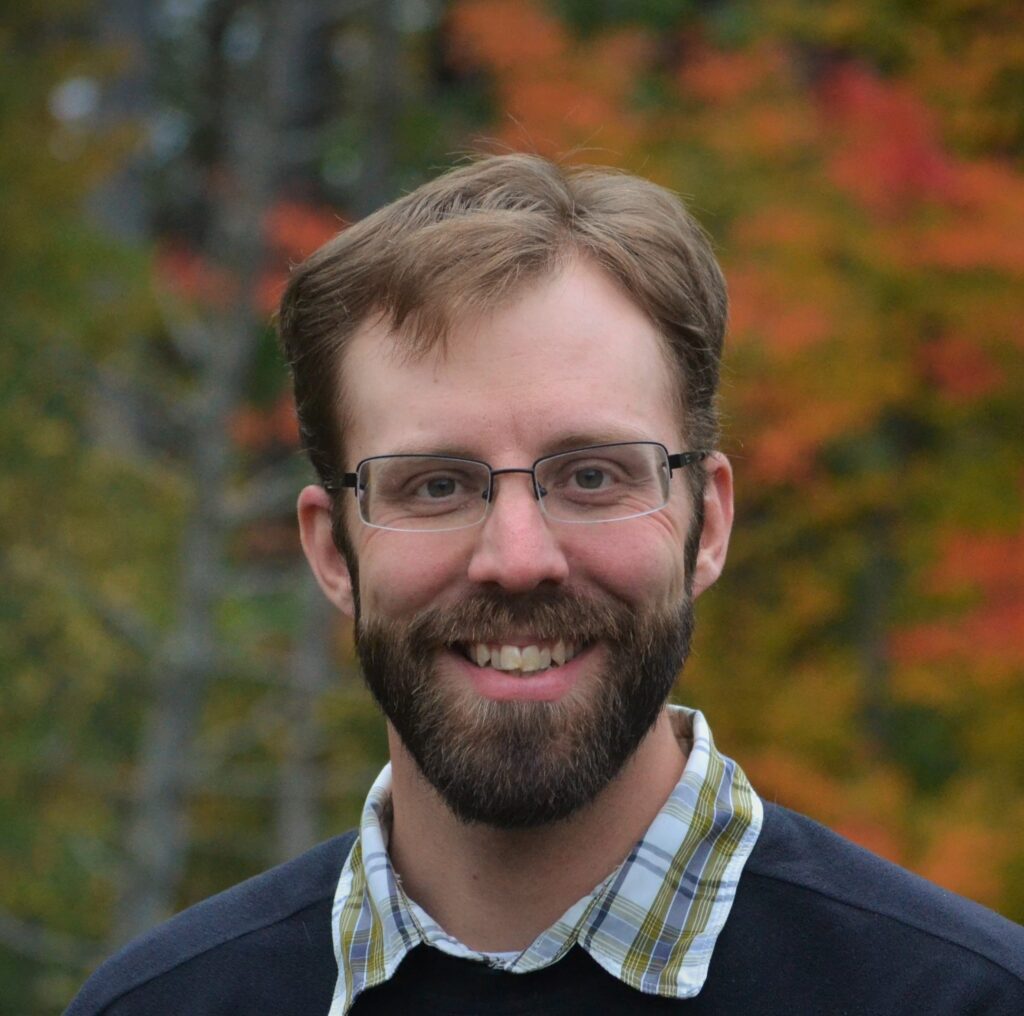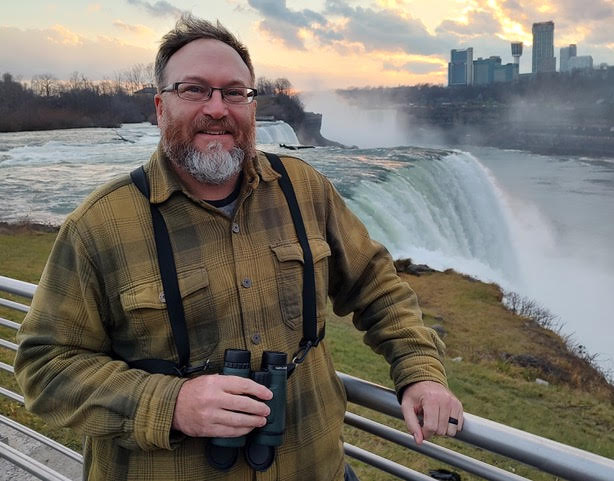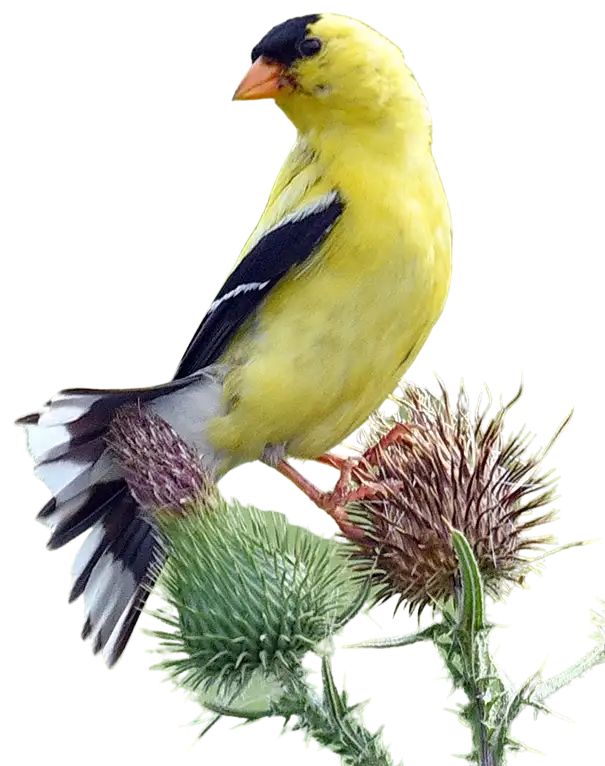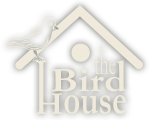In this illustrated lecture, Dr. John W. Fitzpatrick will emphasize the vital roles that birds continue to play in fostering conservation of worldwide biological diversity. Most important, birds represent our most accessible and sensitive indicators of environmental health and ecological change. Today, thanks especially to the Internet, individual citizens have unprecedented opportunity to generate essential population trend data at continental scales. Applying advanced data-mining techniques together with high-speed parallel processing has produced a genuine revolution in how we visualize and comprehend species distributions. As a result, humans have crossed an historic threshold and now, literally, serve as worldwide biosphere sensors. The question is, do we also have the will to self-correct? Birds present us with numerous motivations to do so, and an excellent barometer for measuring our successes and failures. Dr. Fitzpatrick will suggest that both the rarest and the commonest birds teach us much about human nature, environmental protection, and our opportunities for saving not just species, but also the great natural systems on planet Earth.
Dr. Fitzpatrick is a native of St. Paul, Minnesota, graduated magna cum laude from Harvard University in 1974, and received his Ph.D. from Princeton University in 1978. Since 1995 he has been Director of the Cornell Laboratory of Ornithology and professor in Ecology and Evolutionary Biology at Cornell University. Previously (1988-1995), he was Executive Director of Archbold Biological Station, a private ecological research foundation in central Florida. From 1978 to 1989 he was Curator of Birds and Chairman of the Department of Zoology at Chicago’s Field Museum of Natural History. He is a Fellow of the American Ornithologists’ Union, served as its President (2000-2002), and in 1985 received its highest research honor (Brewster Award) for his co-authored book Florida Scrub-Jay: Ecology and Demography of a Cooperative Breeding Bird. He has received numerous career awards for his work in science and conservation, including The Nature Conservancy, Linnaean Society of New York, Environmental Advocates of New York, and Audubon.
Fitzpatrick’s long-term research on the endangered Florida Scrub-Jay continues to the present, and now spans 44 years. During the 1970s and ‘80s Fitzpatrick led numerous scientific expeditions to remote areas of South America, especially the western Amazonian basin and the Andean foothills. Among his 150+ scientific articles and books, he has published extensively on tropical American birds, including original descriptions of 7 new bird species he discovered. He is co-author of the book Neotropical Birds: Ecology and Conservation, and a principal author of the Handbook of Birds of the World, volume 9. Fitzpatrick has been engaged in applying science to real‑world conservation issues throughout his career. In central Florida, he helped design and implement a major network of ecological preserves and a new National Wildlife Refuge by engaging scientists, public agencies, non‑governmental organizations, and private industry in the process.
Since 1995 Fitzpatrick has helped grow the Cornell Lab into a global leader in bird study and biodiversity conservation, and pioneered the development of Internet-based “citizen science” as a revolutionary tool for continent-scale bird monitoring. First author on the controversial 2005 announcement of rediscovery of an Ivory-billed Woodpecker in Arkansas, he led search efforts to locate breeding pairs of this iconic bird of the southeastern North American swamp forests. He has served on national governing boards of The Nature Conservancy and the National Audubon Society, on numerous professional and conservation panels, and on three Endangered Species Recovery Teams.
Fitz has been a bird‑watcher since kindergarten, and enjoys hiking, watercolor painting, fly-fishing, golf, and snow shoveling. He lives with his wife, Molly (jewelry designer), on a beautiful hillside near Ithaca, NY. John and Molly have a daughter, Sarah (Cornell ’08, PhD Colorado State, ‘15), and a son, Dylan (Middlebury ’11, M.S. Carnegie Mellon, ‘14).







